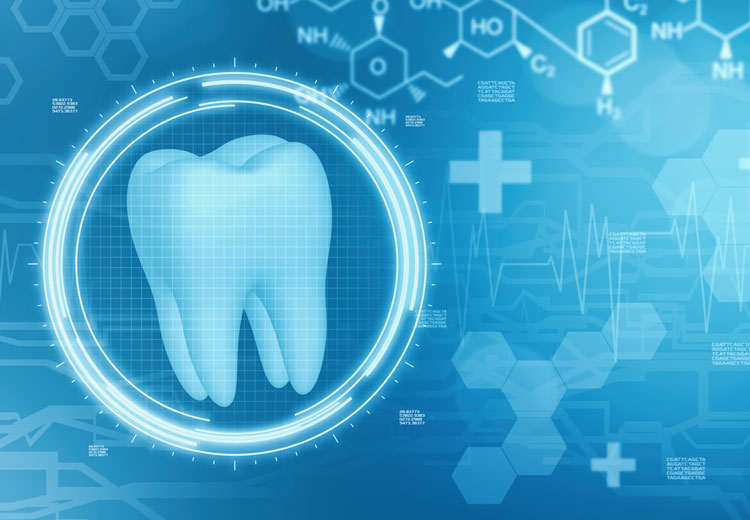Imagining a new future for maxillofacial healthcare

How King Khalid University’s Max Center is driving research into groundbreaking orthodontic and maxillofacial treatments
Over the past eight years, King Khalid University’s Collaborative Center of Creative Maxillofacial Research and Treatment Modalities (Max Center) has grown as a centre of research excellence.
What started small, with projects focusing on maxillofacial and dental sensors, has blossomed with funding from the university and the Saudi Arabian Ministry of Higher Education. Now the Max Center is in a position to undertake research collaborations that can deliver real-world solutions.
Ibrahim AlShahrani is a professor of orthodontics at King Khalid University’s College of Dentistry, where the Max Center is located. He identifies the centre’s location on the Graiger campus in Abha as a major asset, with researchers being able to draw on the science department’s resources – from equipment to academic talent – to drive research into complex healthcare problems. “We can use the dental research lab, the computer science research [and] engineering research,” Professor AlShahrani says “We have a collaboration between ourselves and the College of Science in the area of hydroxyapatite – that is important in the bone field – and we are trying to use their knowledge of the material to be compatible with our biomaterial ideas. Any kind of idea that comes to us, we can collaborate with people from all other areas at the university.”
One such idea is the development of novel treatments for cleft lip and palate patients. Professor AlShahrani says there is a high number of cleft palate conditions in the region, and by applying new approaches with existing maxillofacial equipment, treatments can enable patients to seek care locally rather than by travelling across the country. The Max Center has run clinical trials into temporomandibular joint issues, such as malocclusions, taking a patient-centric approach to its research activities. “We are supporting any expert that can use equipment and devices to support the rehabilitation of the patient,” says Professor AlShahrani. “Anything related to new interventions that can help the quality of health. Cleft palate patients need more care, so we are creating more appliances and treatments to help young children with their feeding.”
The equipment needed to conduct research trials and develop treatments is expensive and requires a lot of space, meaning collaboration is vital to ensuring researchers have the required access to resources. The Max Center works closely with King Abdulaziz City for Science and Technology. Sending research students abroad to study has also broadened King Khalid University’s academic talent pool, and students at the centre are encouraged to participate in research collaborations with their mentors before graduating.
Professor AlShahrani is cautiously optimistic about the future of his field and the Max Center. New morphometric surveying techniques could transform patient care, allowing clinicians to scan a patient’s palate, using it as a fingerprint to access their medical records. “We don’t want to complicate things,” says Professor AlShahrani. “We are using applications that are available on the market.” Once completed, however, that research can be applied to new technologies. A SIM card device that scans a patient’s palate in seconds? That could be transformative, he says. In time, it could be a reality.
Find out more about King Khalid University.